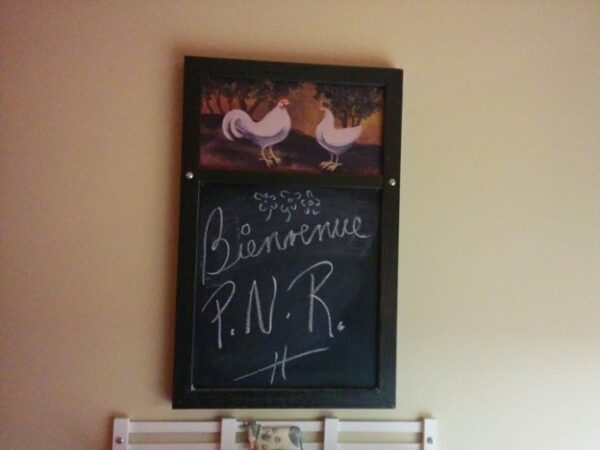Bad experiences make for good stories. I’ve always loved that quote. I like to add that bad mistakes make for good lessons. After five+ years of running a small business, I’ve learned a ton along the way- which is a nicer way of saying that I’ve fucked up a lot.
Post-mortems have been a great tool at work that we’ve used after completed mandates. I want to focus the lens inwards to see what I can improve. As a cathartic process, I want to share what some of those mistakes have been and hopefully help others avoid them.
Foundational errors
You need a strong foundation at the start of the journey and I’ve been blessed with having two strong partners for the ride. But you have to be careful about the decisions you make at the start.
“A startup messed up at its foundation cannot be fixed.” These types of errors cannot be undone. Choices of the product / service you’re building and type of culture are among a few things that will be very hard to course correct.
We chose to build a management consulting firm with a mismatch in our networks. The vision was to work with big companies to help them understand the impact of technology on their strategy. We were plugged into high level executives at big mega corporations but not at SMBs. This forced us to scratch and claw our way to work with smaller companies (ultimately successfully) but it took a while to get there. In hindsight, I should’ve spent more time understanding and researching the market. This seems like such an obvious and embarrassing point yet so it was not clear at the time.
A deeper observation on why this occurred makes me think about the pessimism/optimism scale. When dealing with a big & risky challenge, a natural defense mechanism I have is to be optimistic. Things will work out if I just work hard! This is of course not a bad thing. What I’ve been looking to improve is adding a healthy dose of cynicism; asking not just what but how.
Decision making
Roles and responsibilities need to be clear in order for decision making to be fluid. When there are grey zones & overlap, tension can appear. It’s not to say that tension is bad. It’s the unnecessary tension that slows down decision making.
- Positive tension = conflict over strategy, important decisions, decisions with uncertain & probabilistic outcomes.
- Negative tension = operational in nature, shouldn’t be debated at the leadership level, opinions debated more than facts.
Another error of decision making is letting a point slide when I know I’m right. I tend to avoid conflict as a personality trait and when encountering push back, I tend to back down. Saying “I told you so” a year after a heated debate doesn’t help move the company forward. When you know you’re right, hold the line. Along the opposite line, when you know you’re wrong, let ego out of the way.
I’ve had to learn to be comfortable with conflict and fighting for my viewpoint. Avoiding a stressful conversation only pushes problems later down the road. You have to run towards the problem. Being comfortable with being uncomfortable is key.
Crisis management
It would be a bit tone deaf to avoid talking about the crisis. Even though we’re still in the middle of it, I feel like I’ve learned a shit ton.
Clear communication is key right from the start of the crisis. I thought we were clear and it turns out that we weren’t. Given the added difficulty of remote communication, extra attention and time was necessary to let the team know what’s going on and how we’re dealing with it. There is a much bigger downside in under communicating rather than over-communicating.
Remote work is getting a lot of attention with the crisis and many people are correctly predicting the decline in commercial real estate as a consequence of this forced experiment. That being said, I believe that in person communication will actually grow in importance as a skill set. Strategy firms like ours won’t be able to shift to remote work entirely. There might be a mix of working remotely for deep individual work, but not 24/7.
The confinement has also provided the space to take a step back and reflect on what’s worked well and what hasn’t. I’m generally not a fan of fetishizing failure. But failure occurs when mistakes are repeated over time & not addressed. So if anything, I’m grateful for this crisis for the space to reflect and learn from them – even though it’s damn uncomfortable to look at them directly.




